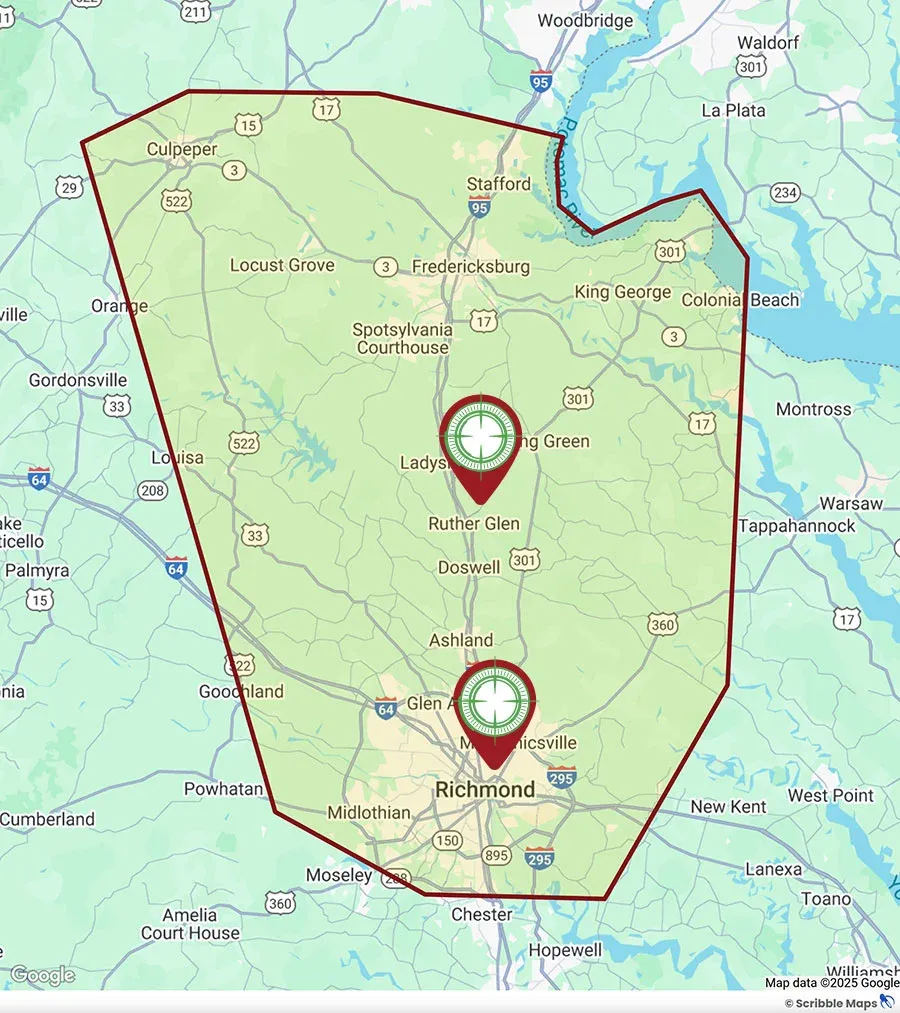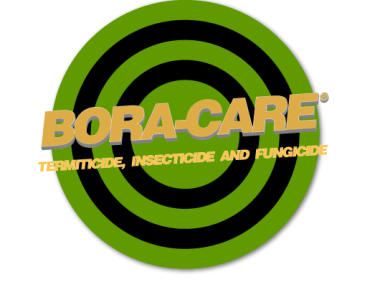Pest Control Services
Are pests invading your property and disrupting your peace? Pest Solutions' comprehensive pest control service tackles the problem head-on. Our expert team targets a wide variety of household pests that we see in the Richmond area. With our exterminators on your side, we'll get rid of the following:
- Spiders
- Ants
- Cockroaches
- Silverfish
- Beetles
- Rodents
- Crickets
- Millipedes
- Wasps
- Bees
- And more!
With 23 years of experience, Pest Solutions offers a reliable, scheduled service that keeps pests at bay year-round. Don't let unwanted guests threaten your home or business - trust Pest Solutions to maintain a pest-free environment!
Pest Pac Pro
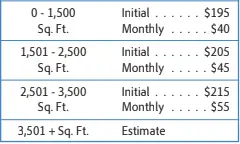
Pest Pac Plus
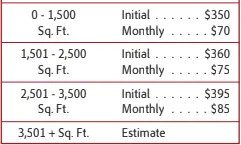
Pest Pac Premier
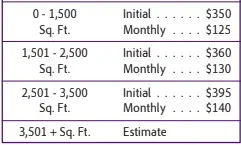
About Our Pest Control Service
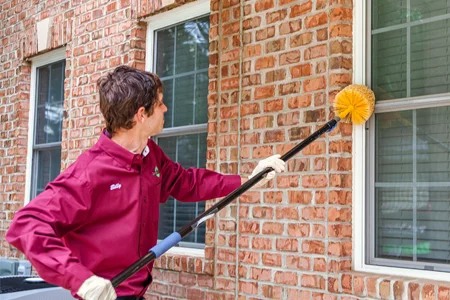
Pests can become a problem in homes due to various factors, including weather changes, food availability, and entry points in buildings. Our residential pest control service addresses these issues through regular bi-monthly treatments, focusing on exterior prevention while also covering indoor areas when necessary.
Here's what you can expect when you sign on for our services:
- Bi-monthly visits with reminder notifications before treatments are performed.
- We perform interior treatments in the winter and as needed, focusing on attics, basements, and garages.
- Our team applies exterior treatments, including liquid and dust applications and bait stations.
- We routinely check and maintain rodent control stations.
- We remove spider webs and apply a de-weber.
- We continually inspect for termite activity.
- A service summary and follow-up consultation is provided.
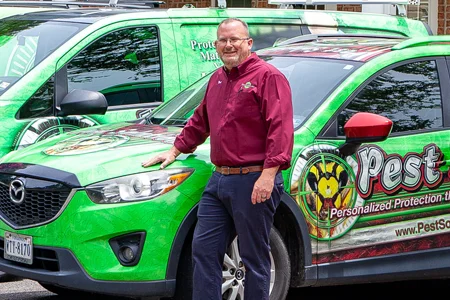
Get Started With a Free Inspection
We offer free inspections to help identify and address any pest concerns before they become bigger problems, at no cost to you! During the inspection, we address any issues you’ve noticed and even the ones you haven't. Our goal is to provide you with peace of mind and a customized solution to keep your home or business pest-free.
Why Opt For Recurring Services?
Opting for a recurring pest control service provides consistent protection for your home, ensuring pests are not only eliminated but prevented from returning. Unlike one-time treatments, recurring services allow us to monitor your property regularly, address seasonal pest issues proactively, and catch potential problems before they escalate. This approach saves time, reduces the likelihood of infestations, and provides peace of mind knowing your home is continuously protected. By maintaining a barrier against pests, recurring services offer long-term cost savings and a healthier living environment for your family.
Integrated Pest Management: Safer, Smarter, Effective
Pest Control Service Area
Our company proudly serves a wide range of areas in and around Richmond, providing expert pest control to both homeowners and businesses. From the heart of the city to the surrounding towns, we’re committed to delivering effective and eco-friendly solutions wherever you need us. See if we service your community:
